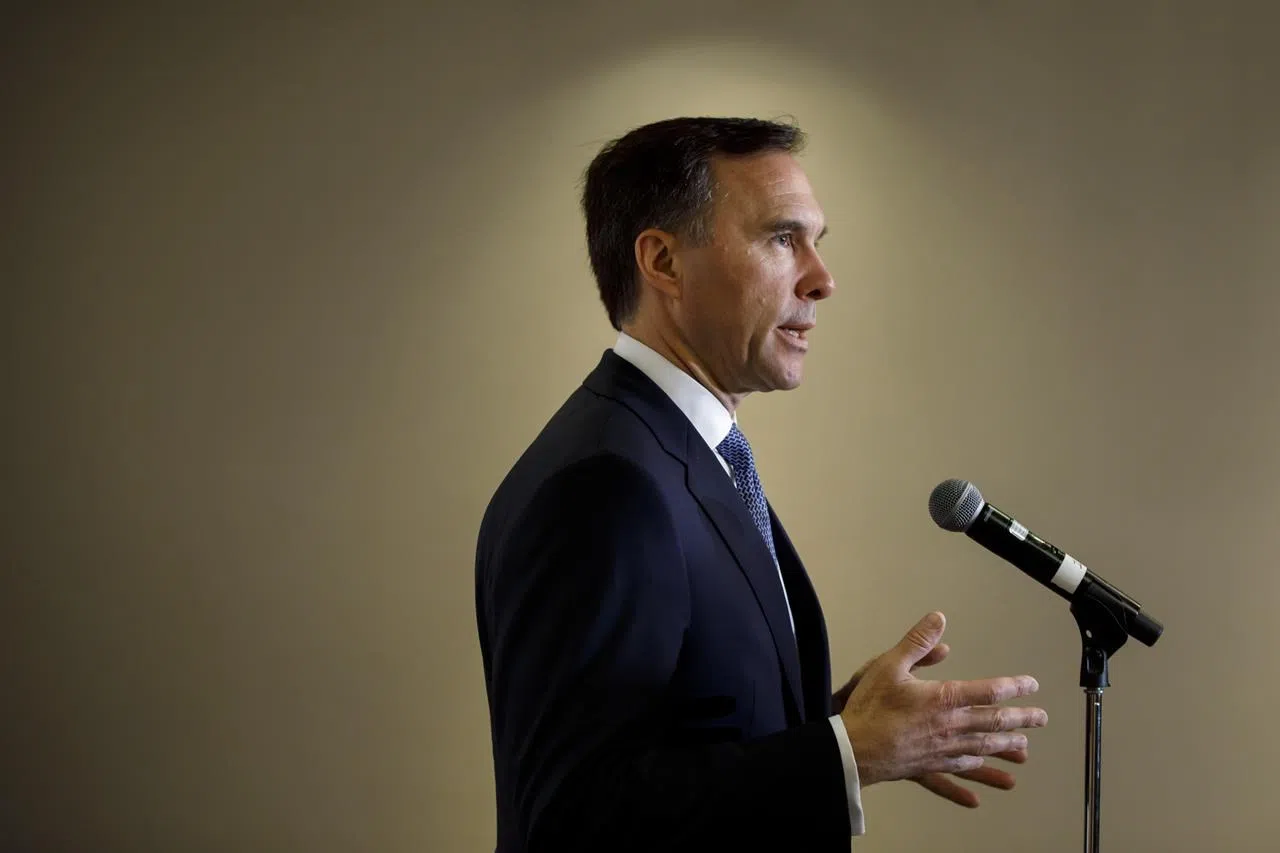
Budget answers long-standing calls for federal strategy on dementia
OTTAWA — Health advocacy groups and MPs are cheering the Liberal government’s proposal to spend $50 million over five years to support a national dementia strategy that’s to be released later this spring.
Tuesday’s pre-election budget from Finance Minister Bill Morneau said the plan is to improve the lives of people living with dementia, and those of their caregivers, through better public awareness of the challenges posed by progressive disorders affecting the brain.
Figures cited in the federal budget say more than 400,000 Canadian seniors were living with dementia in 2013-14, two-thirds of them women. Symptoms can include memory loss, challenges with language and changes in behaviour.
Groups like the Alzheimer Society, which have long urged Ottawa to take action, welcomed the announcement that will amount to three million in spending in 2019-2020 and 12 million each year in the following fiscal years.


